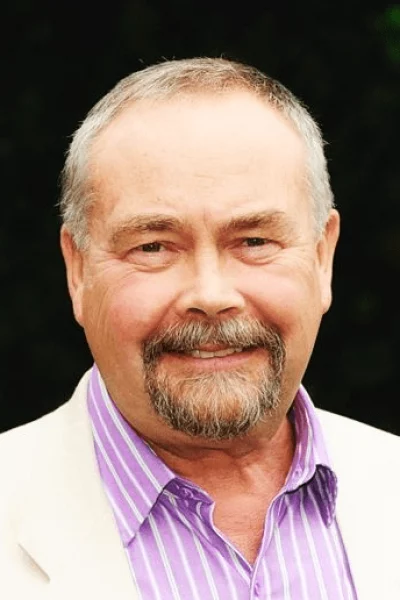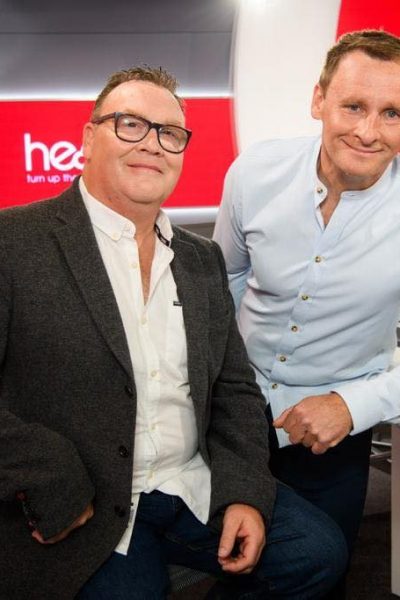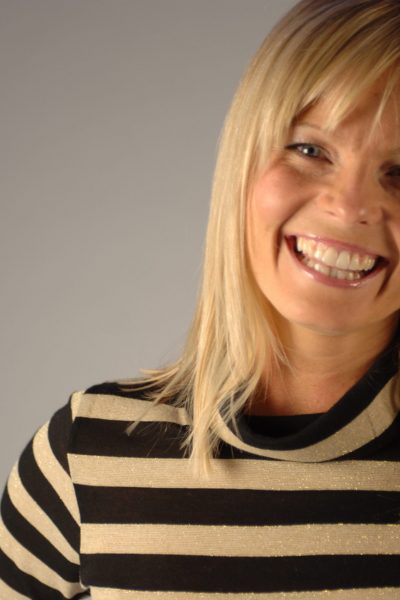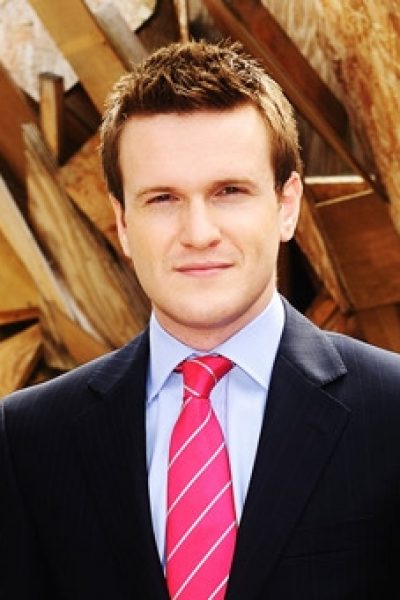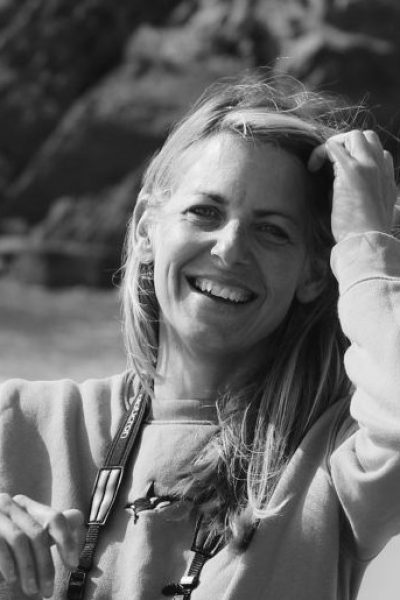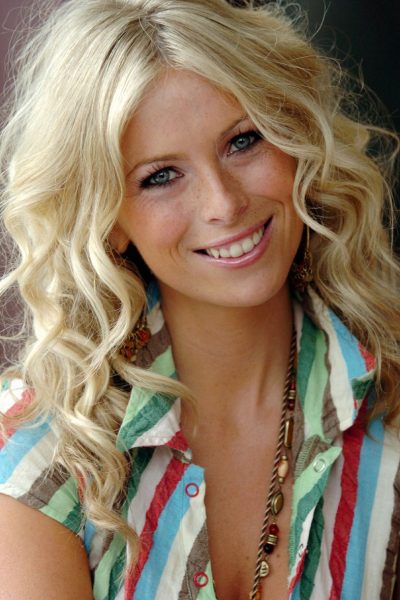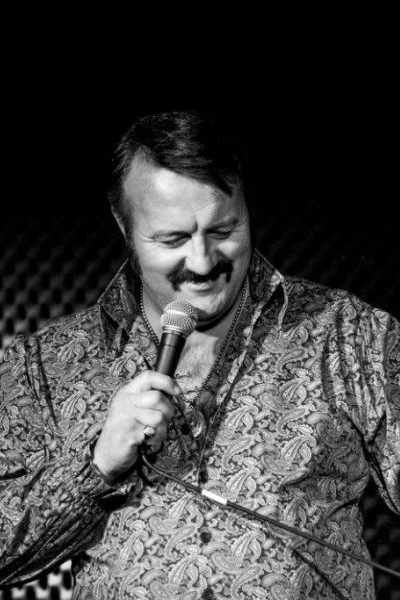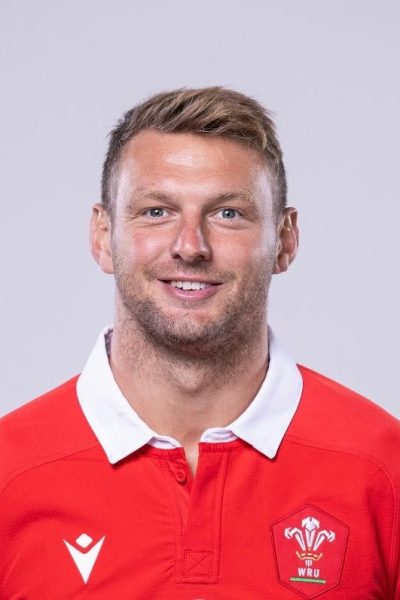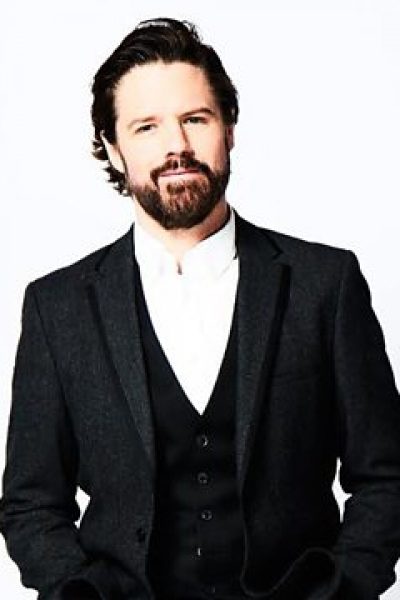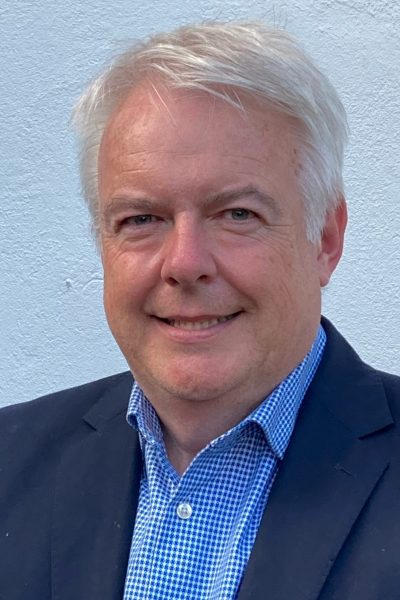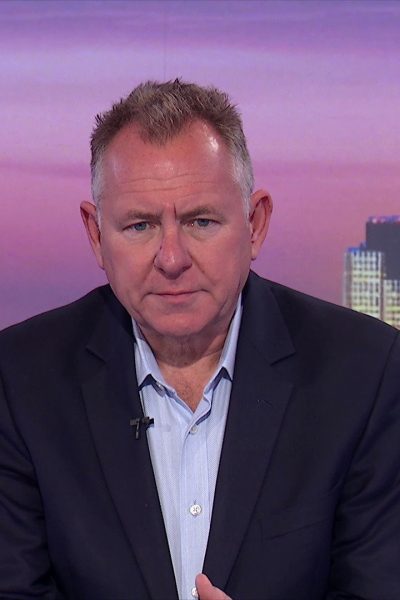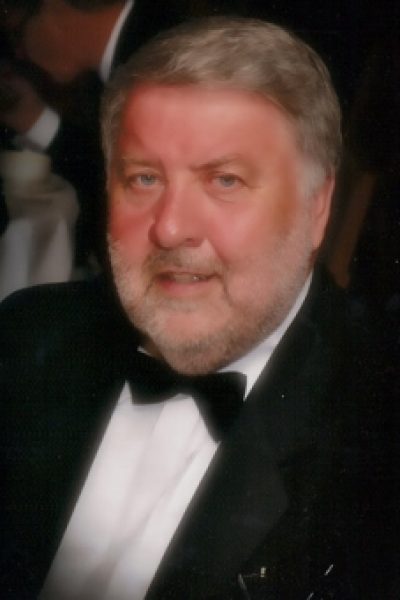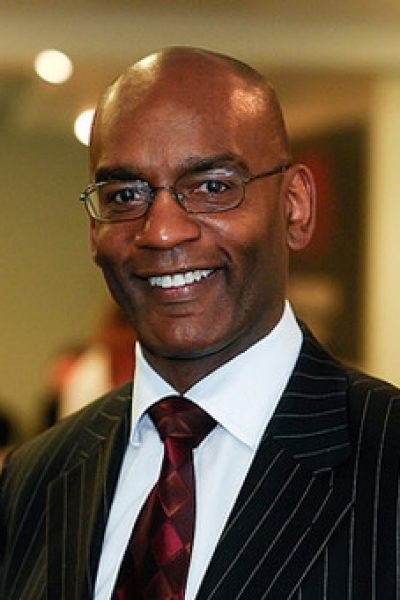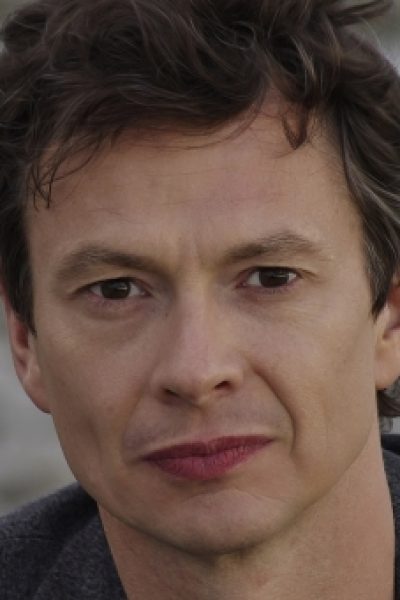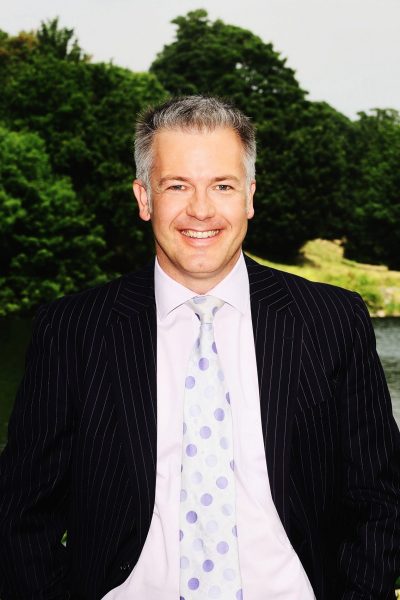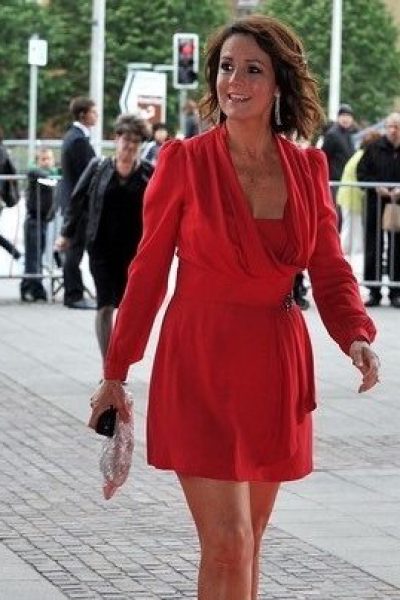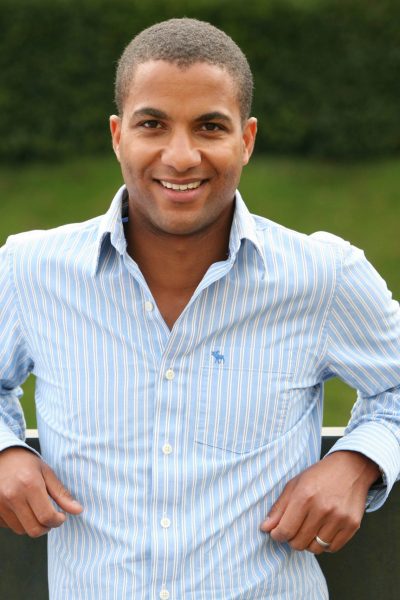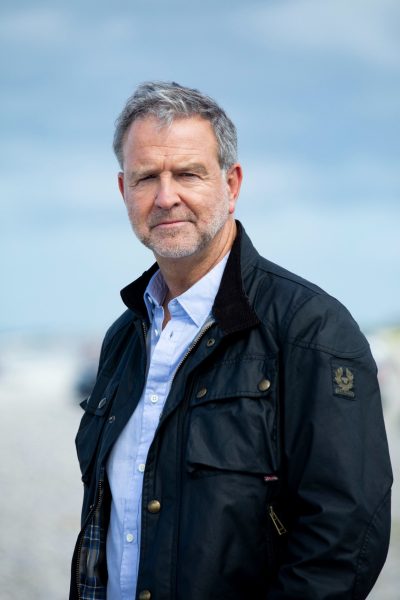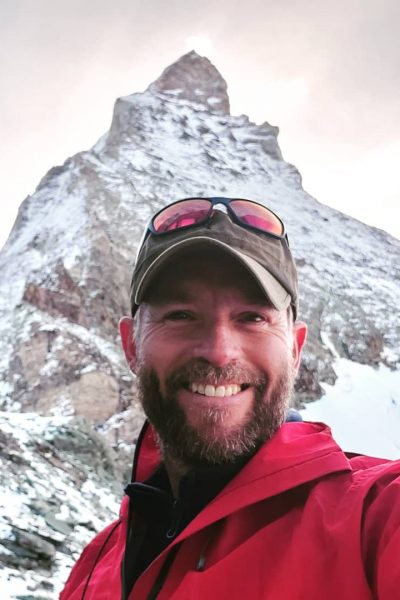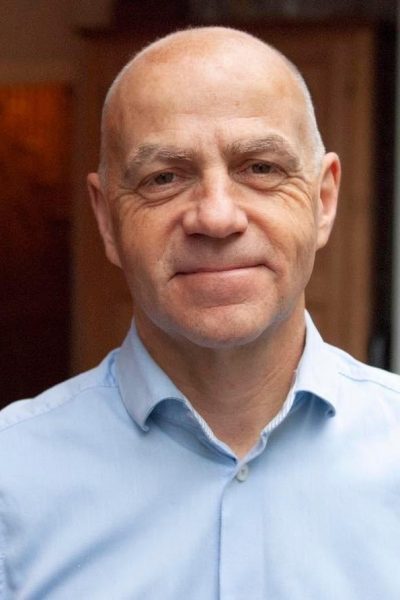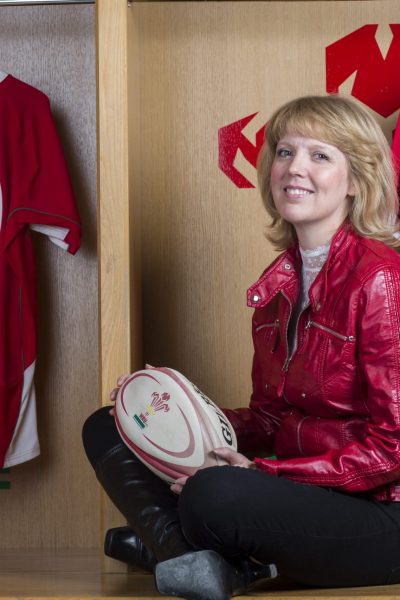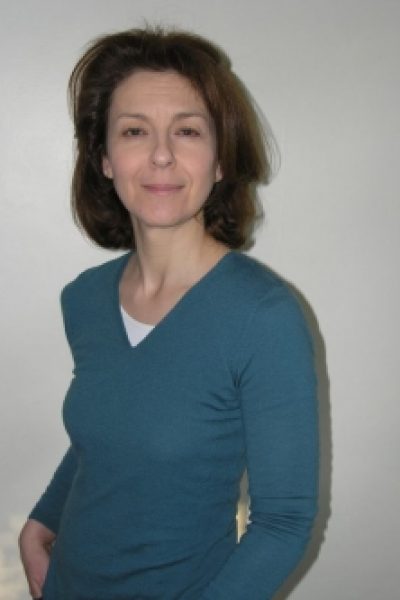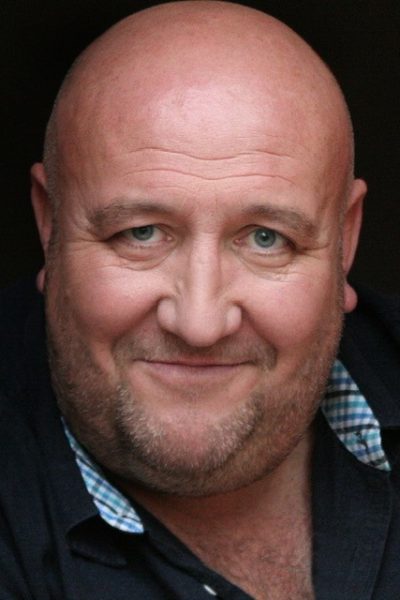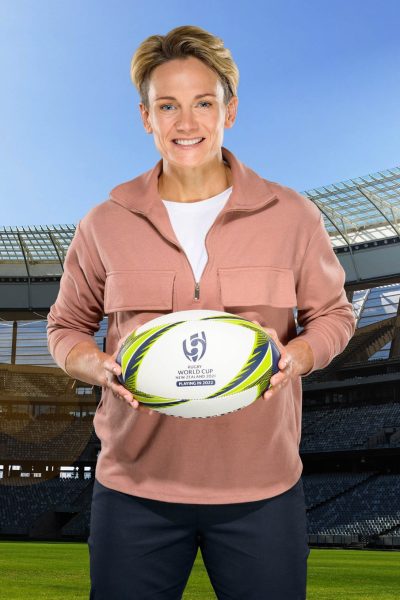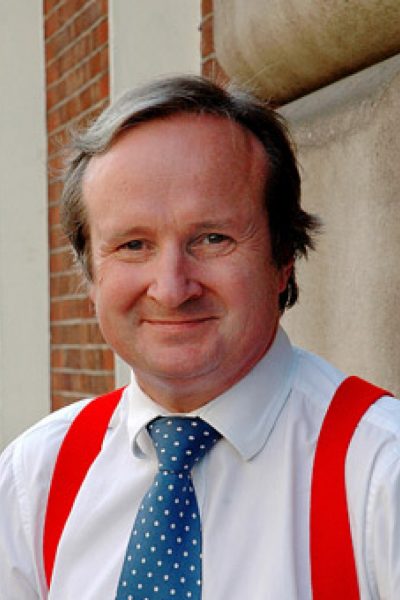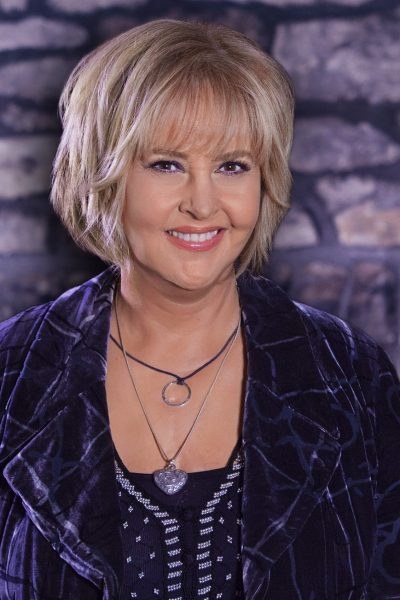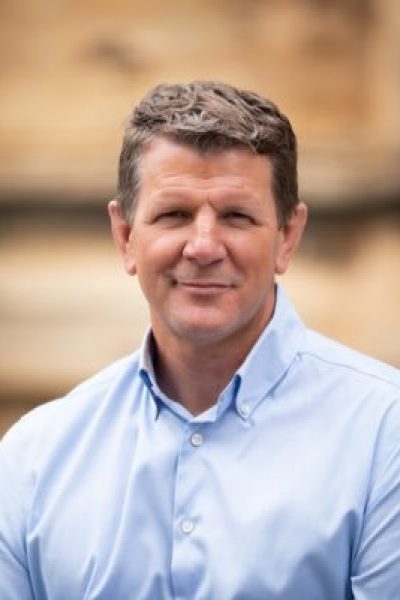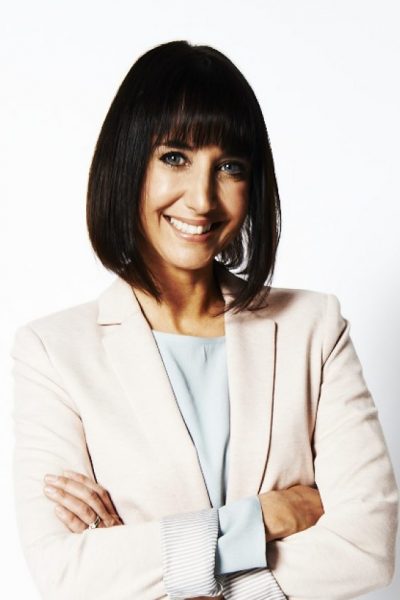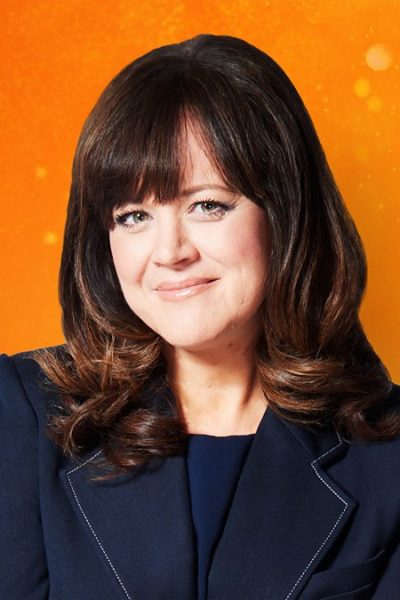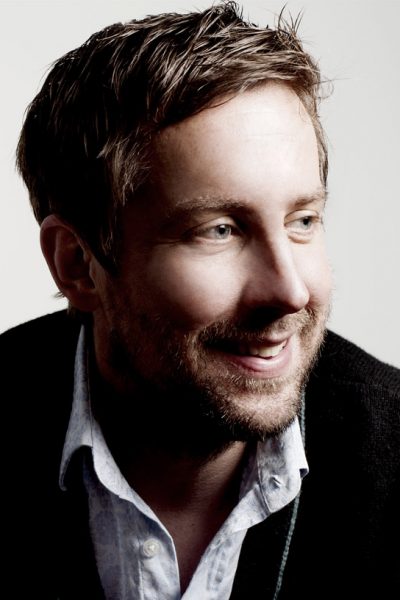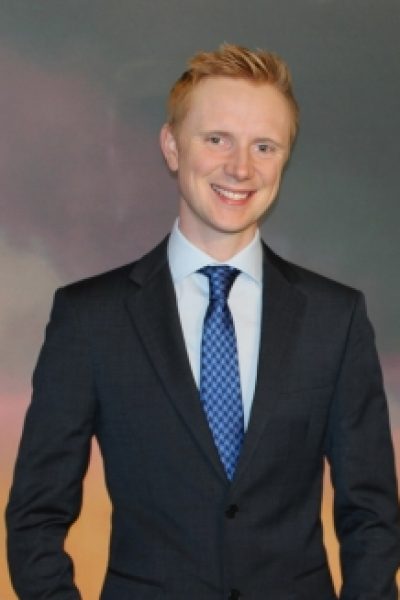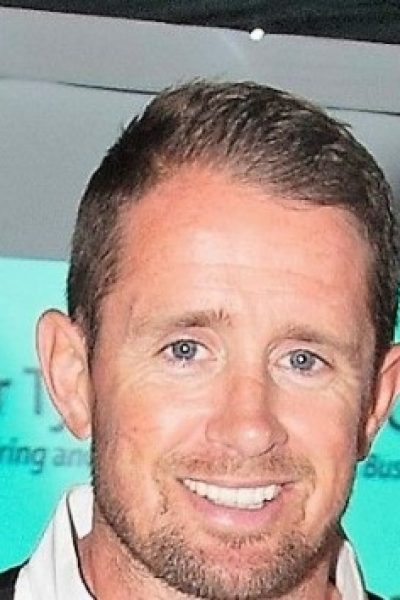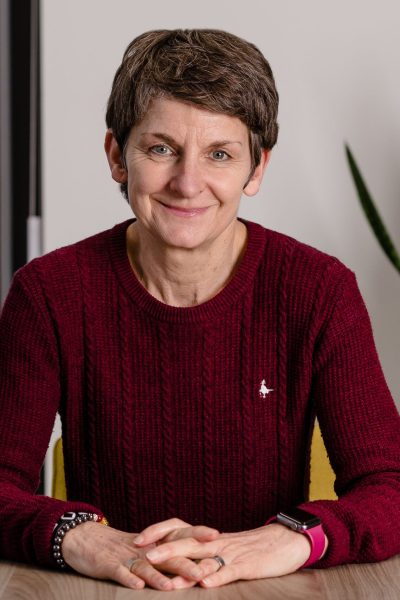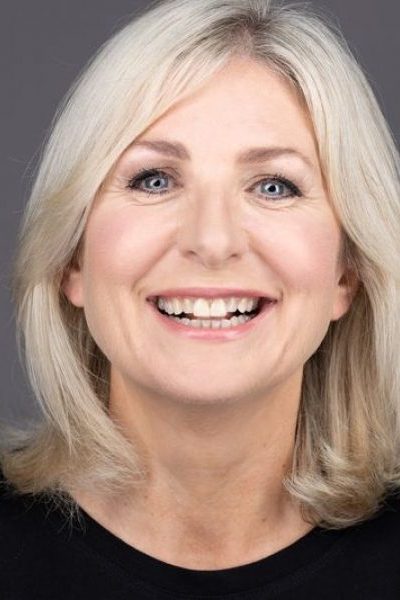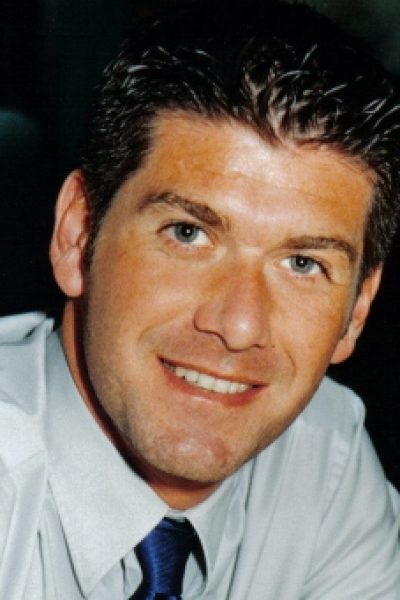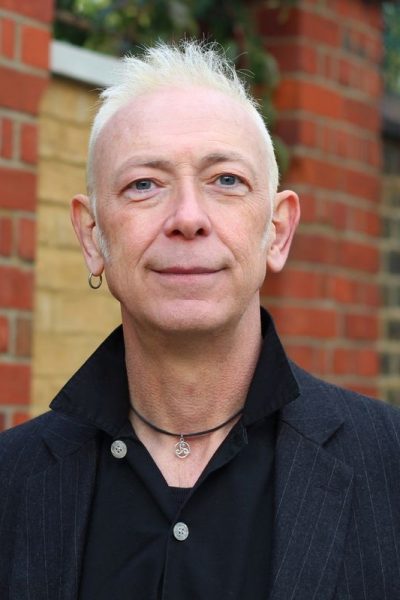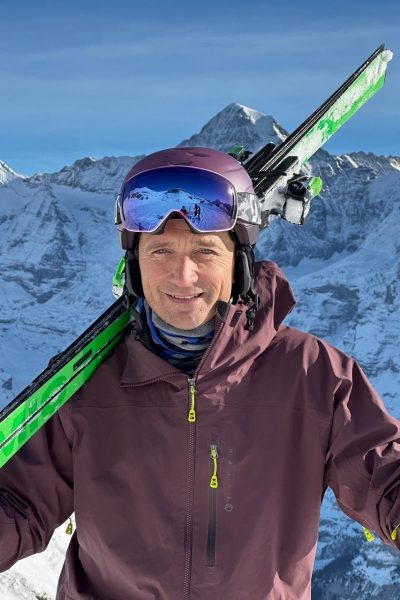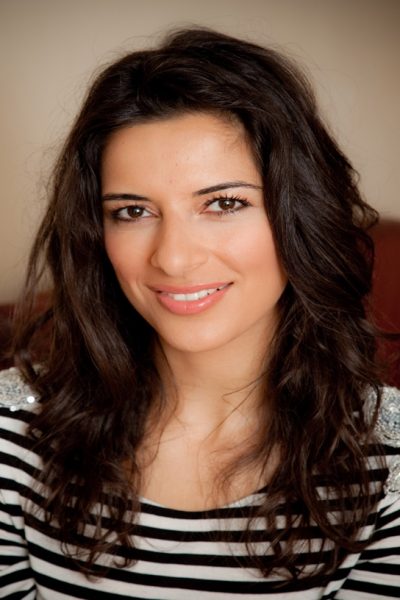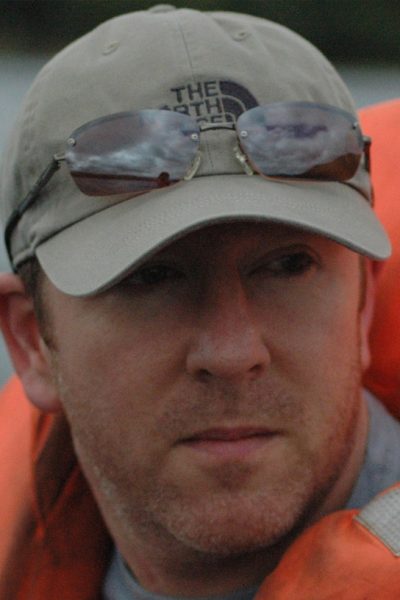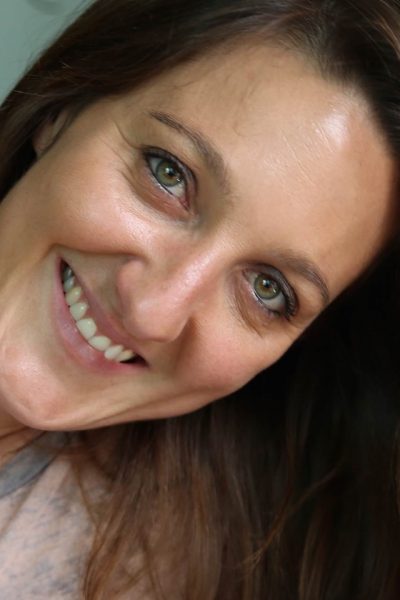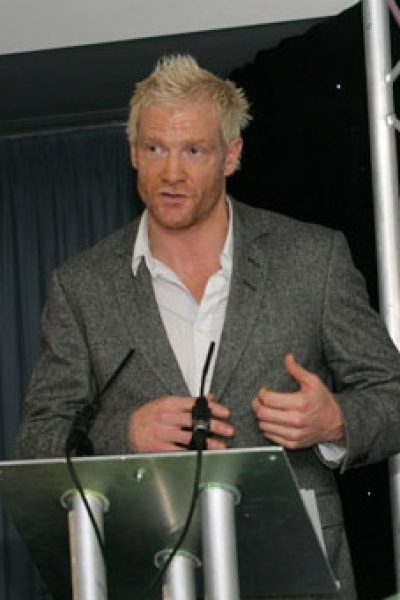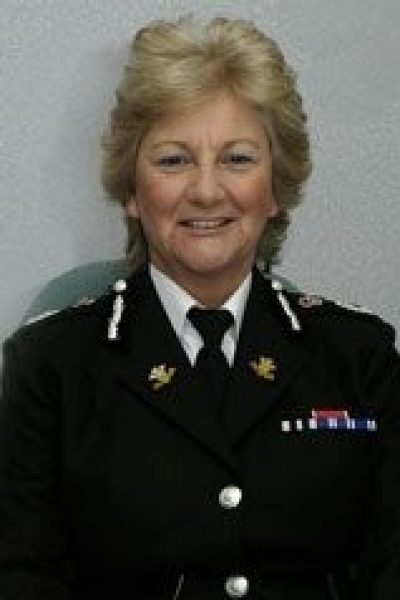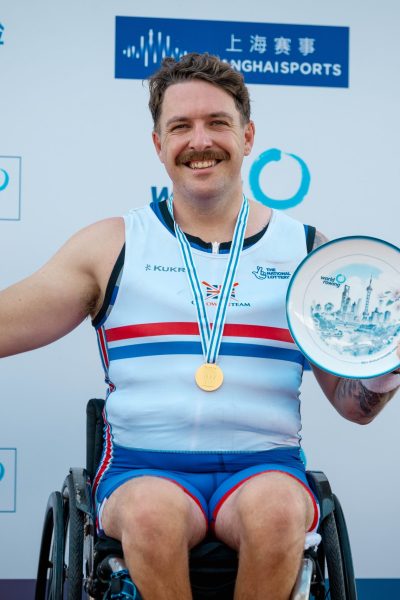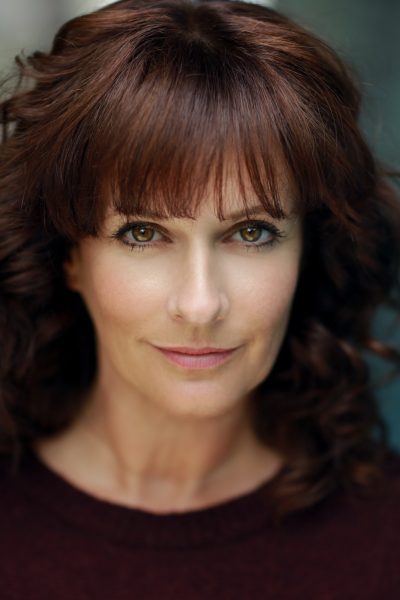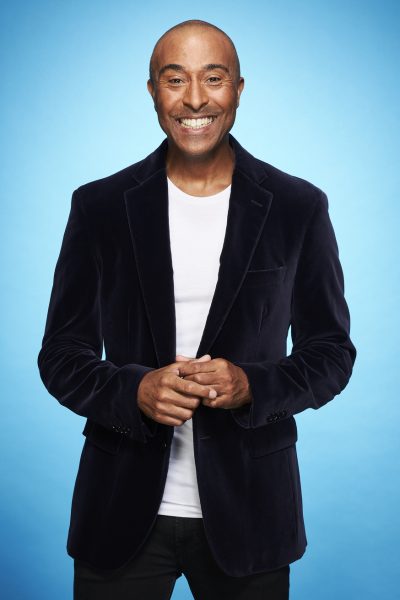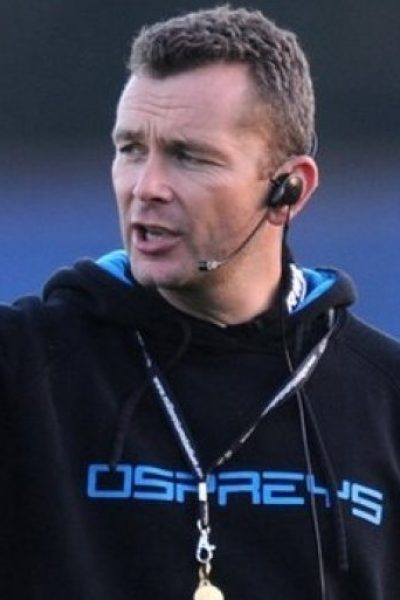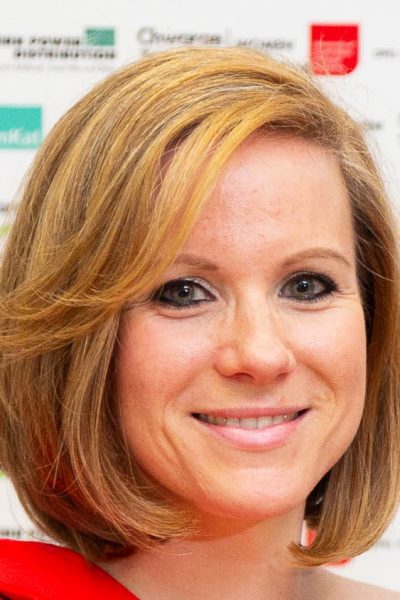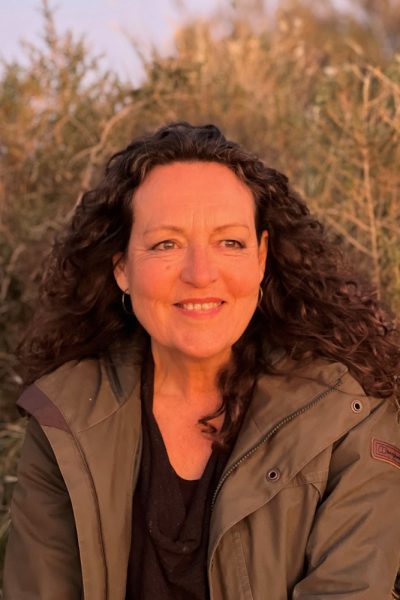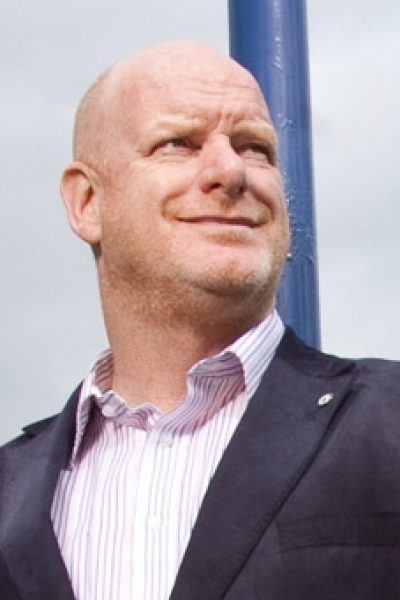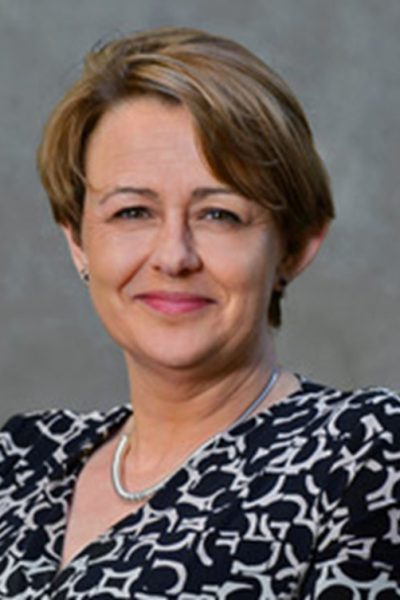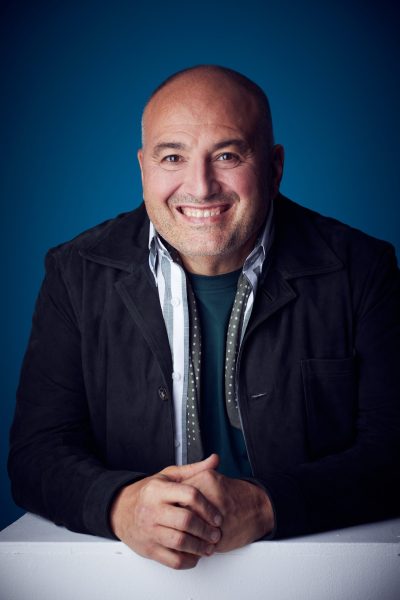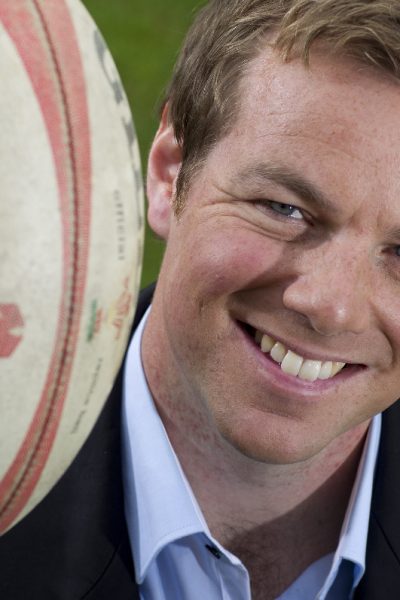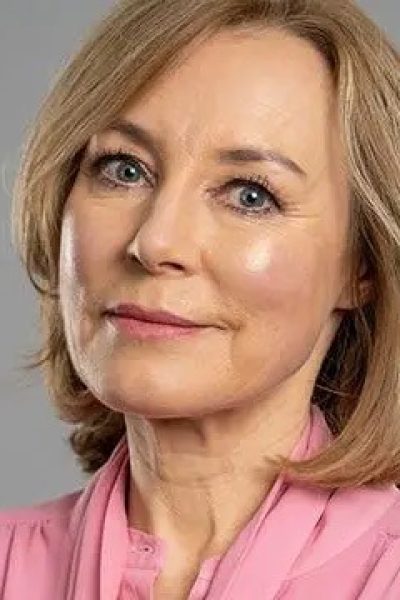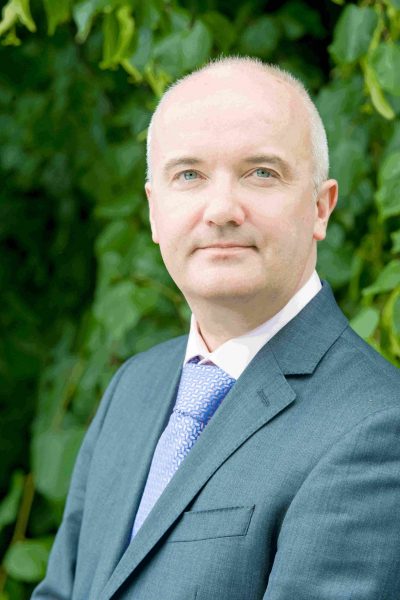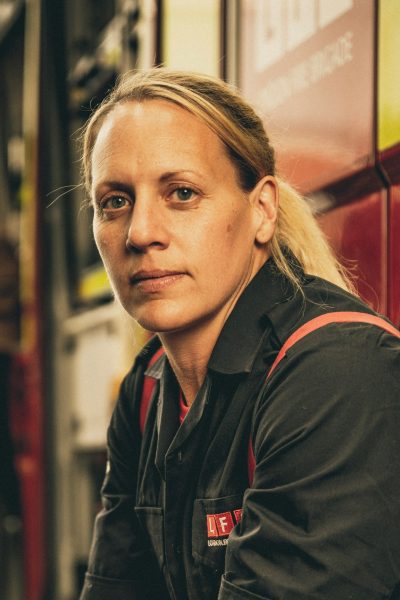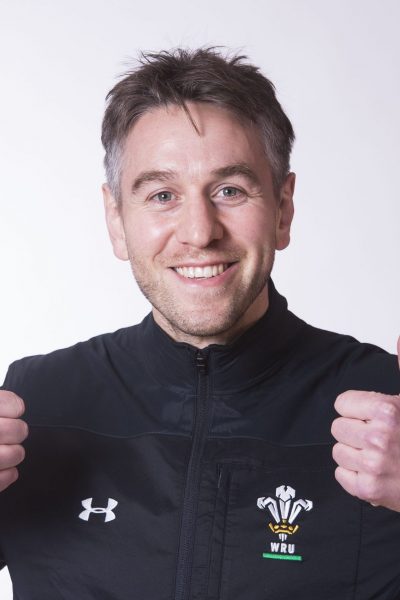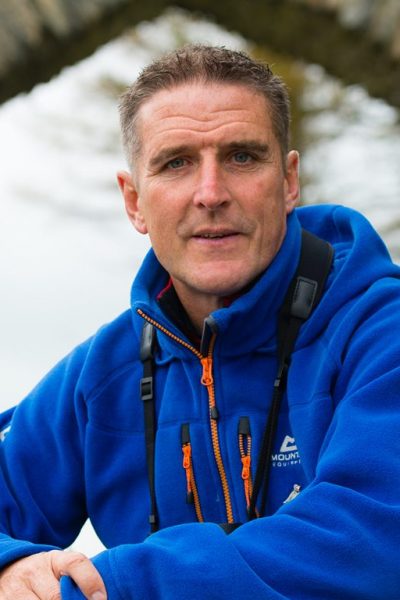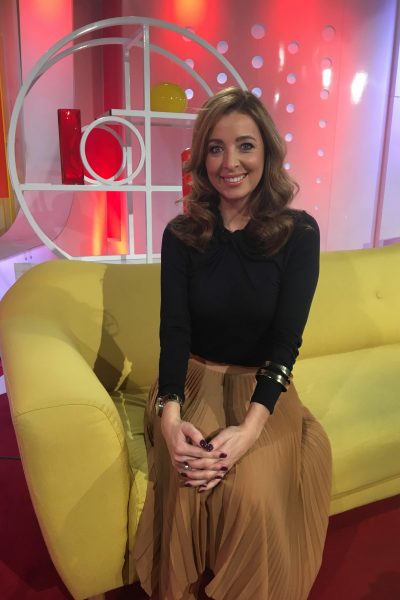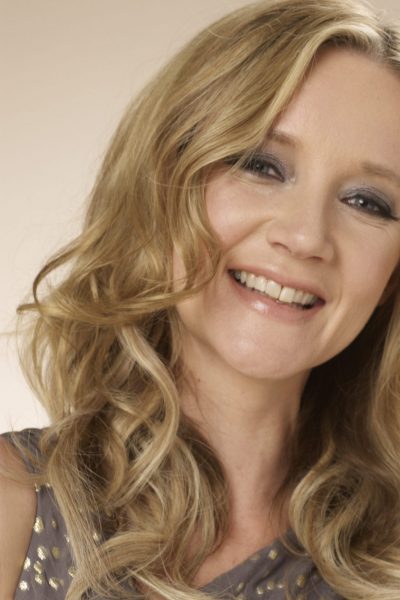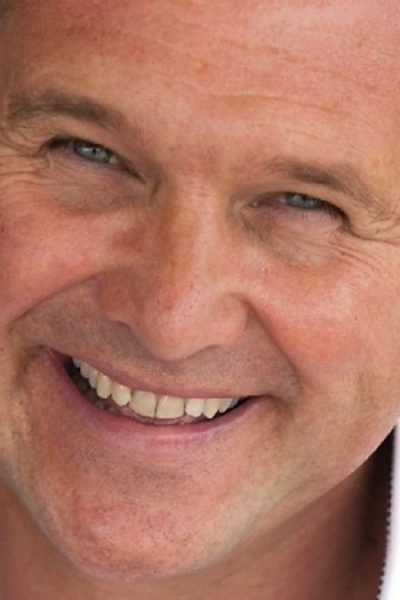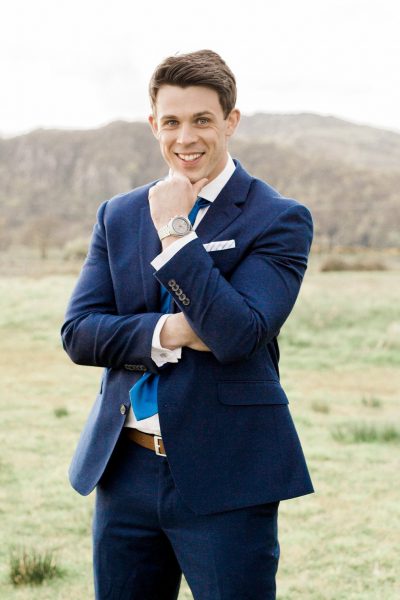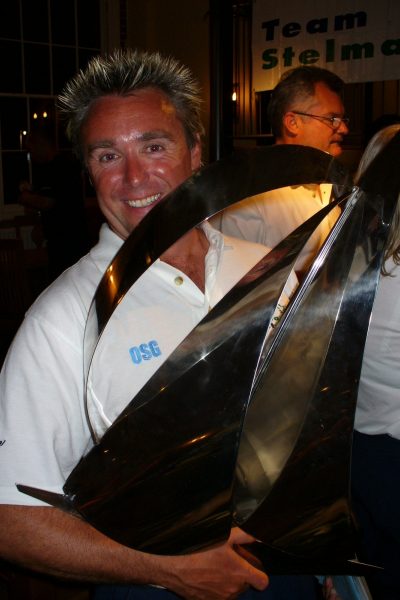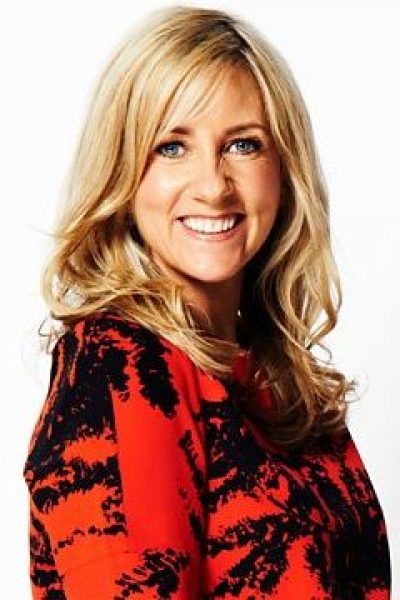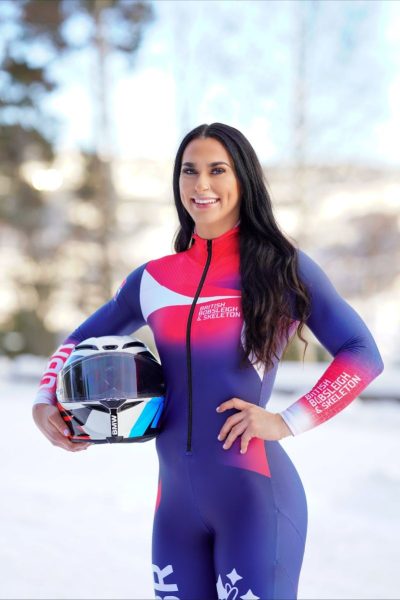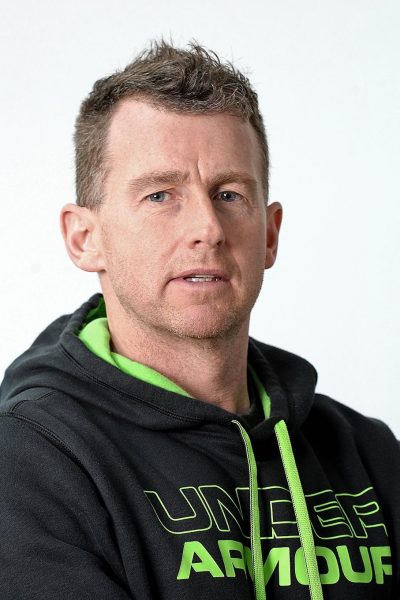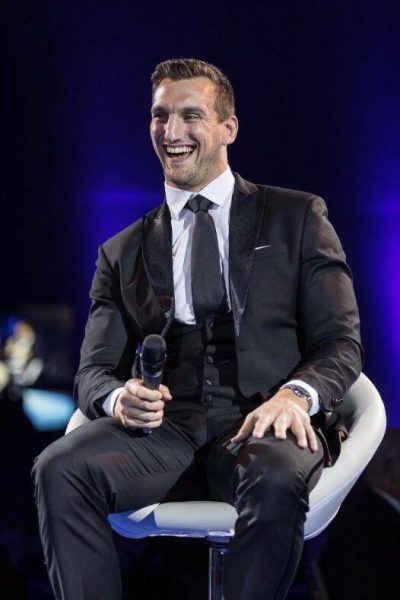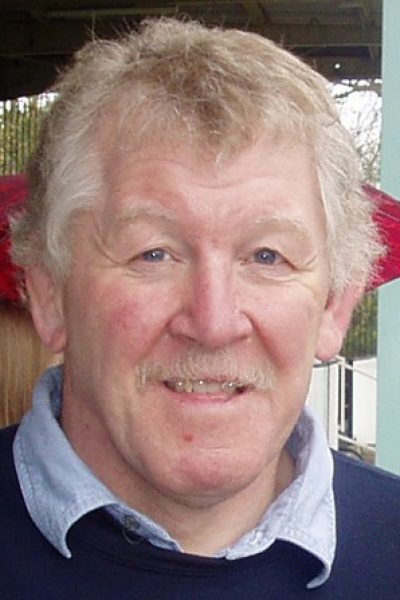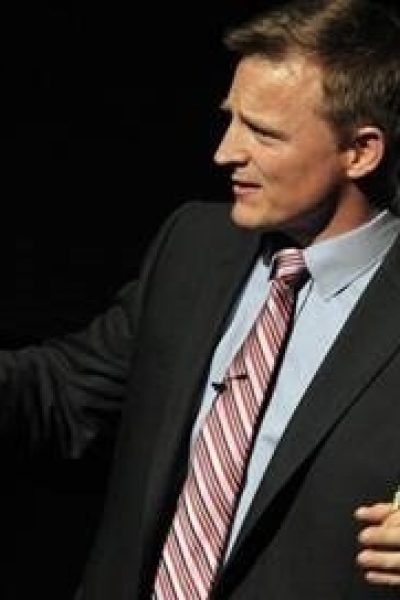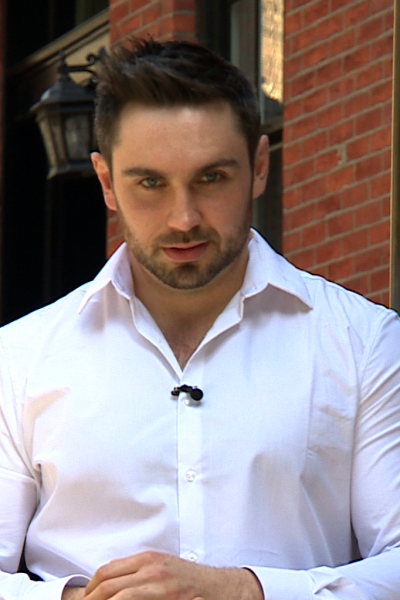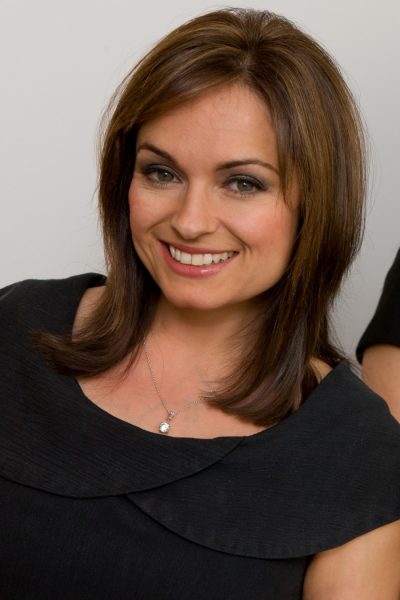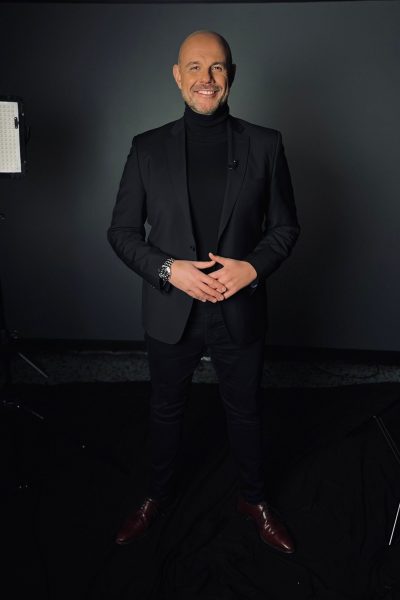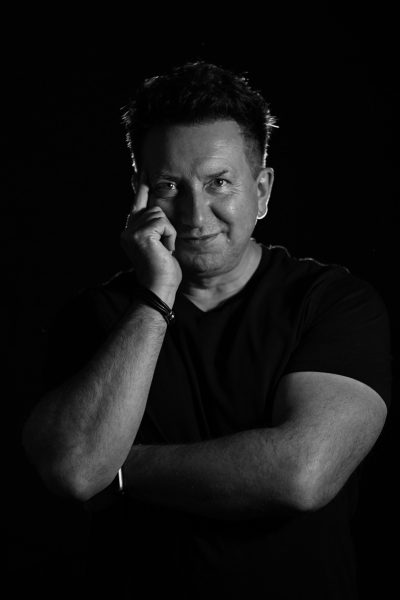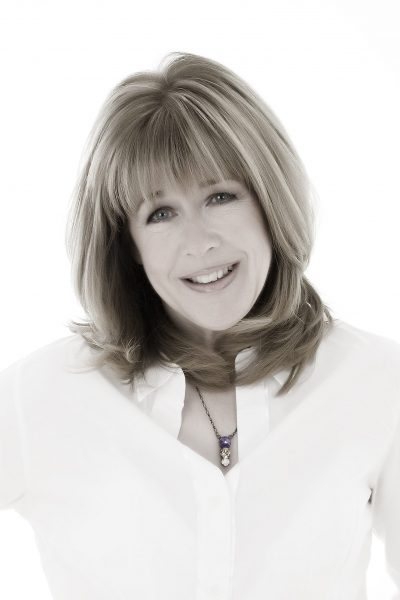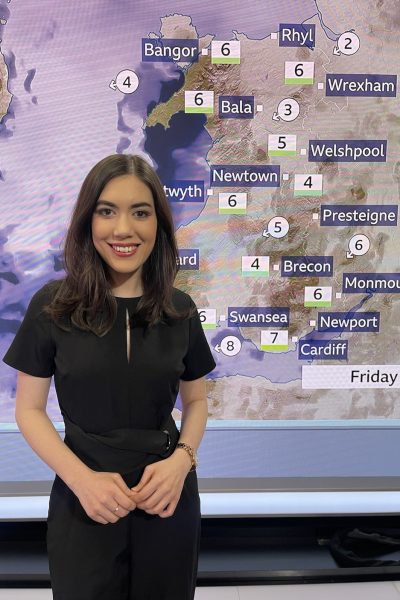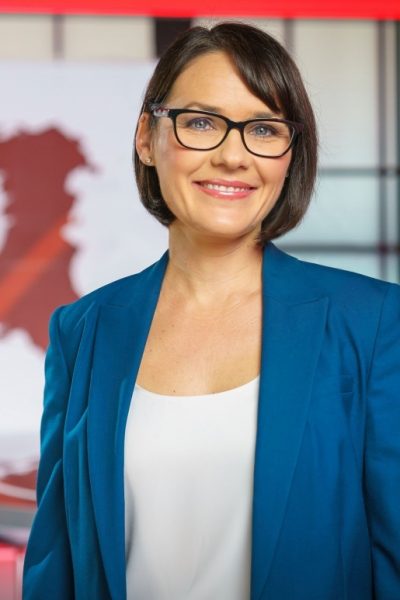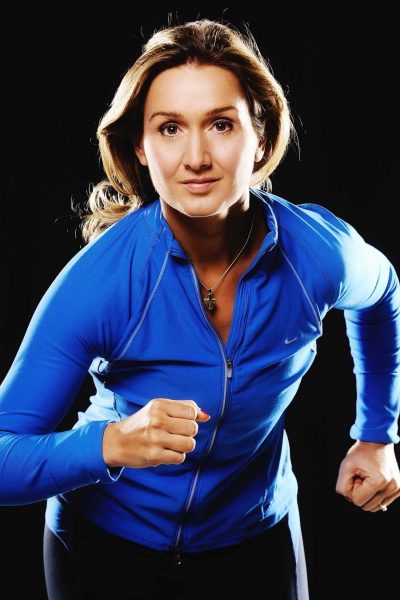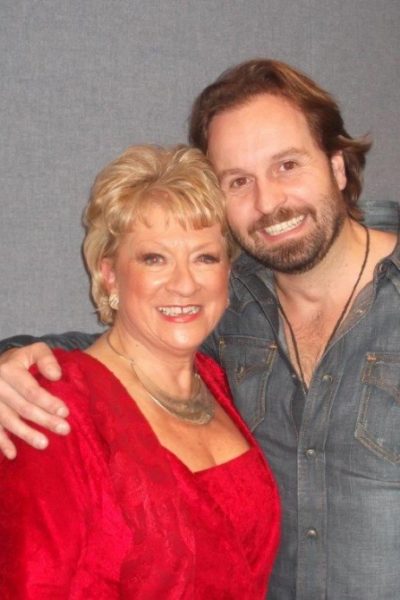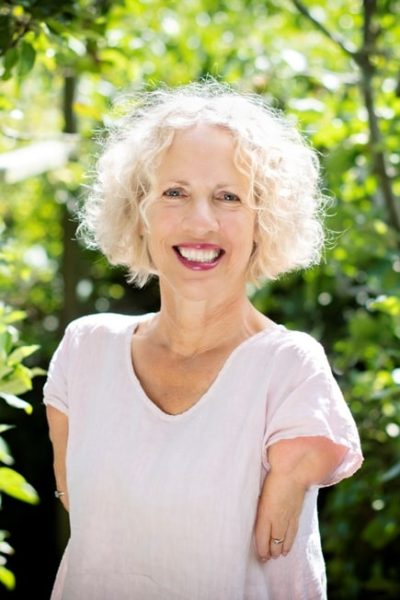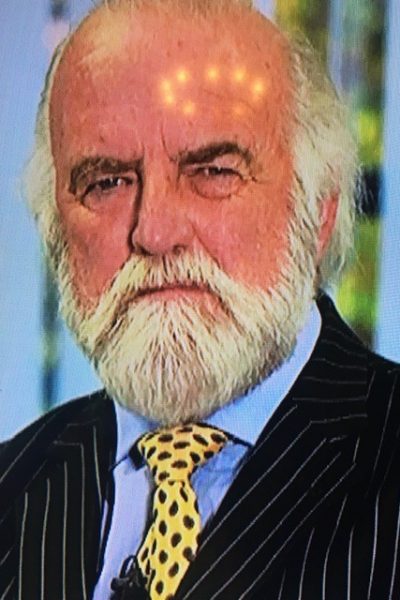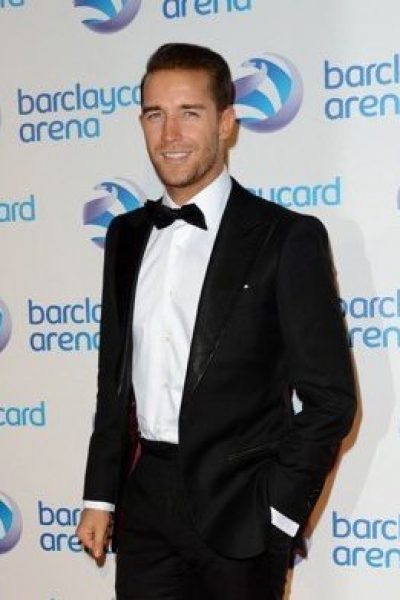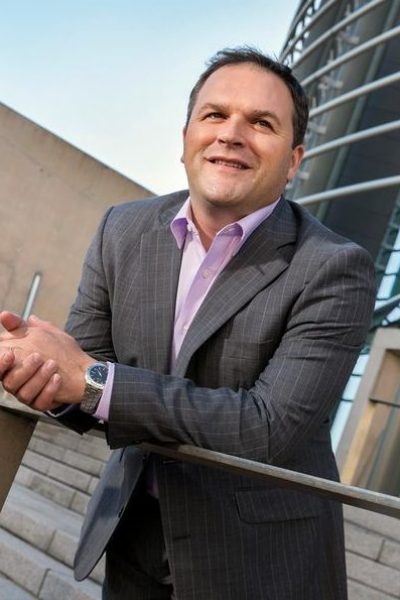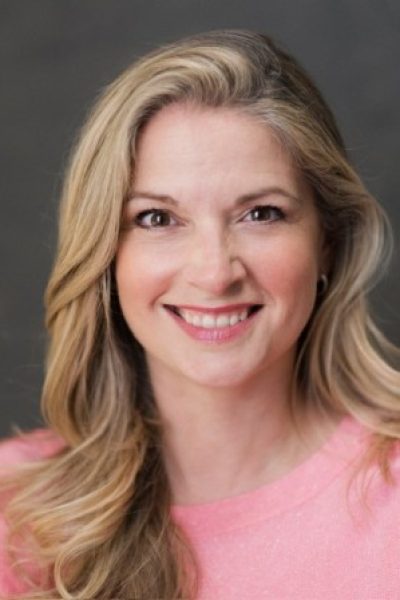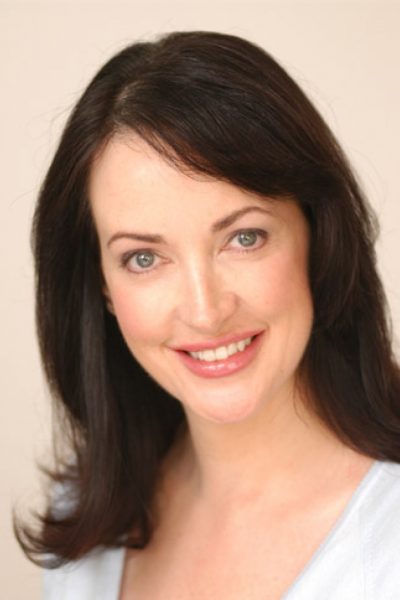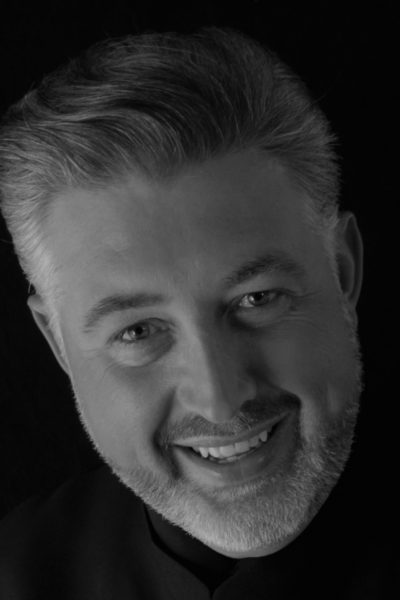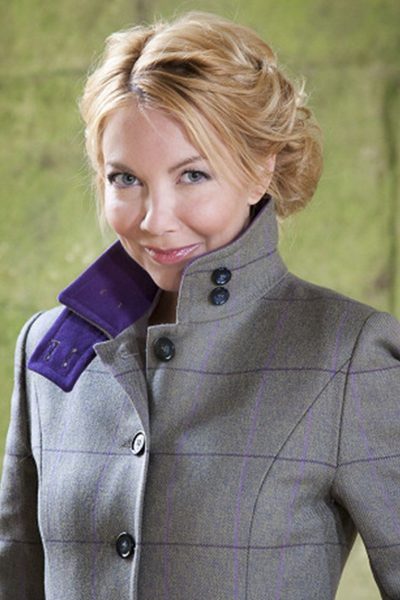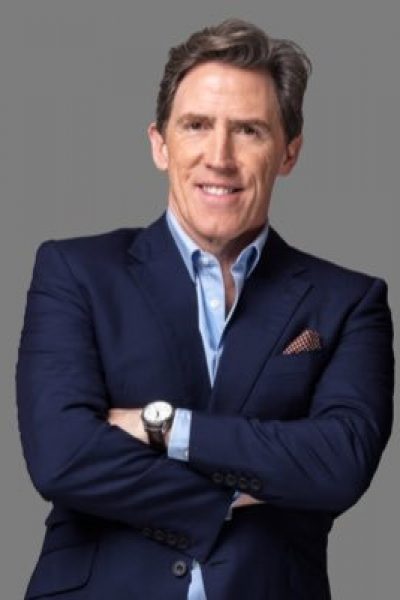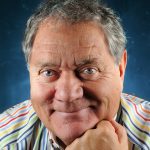
- Following : 0
- Last Modified: 9 January 2024
- Name : Max Boyce
- Profile : Welsh comedian, singer & entertainer
- Bio :
When Max Boyce crossed the Rhigos Mountainsfrom his home in Glynneath on November the 23rd 1973, to record an album 'Live at Treorchy Rugby Club', little did Max know it would change his life. Max had already recorded some of his earlier songs at the Valley Folk Club in Pontardawe and when EMI heard the album and subsequently saw Max Boyce perform live in concert, Max was invited to sign a contract to record two live albums of his songs and stories.
The musicians for that evening were hastily gathered together that afternoon. Without almost any rehearsal, the songs and stories were recorded. The audience, apart from a few close friends were given the tickets after failing to sell them for fifty pence each. Max Boyce at the time was virtually unknown. Max had, however, deliberately chosen to perform to an audience that was unfamiliar with his work to ensure the reaction was spontaneous and real.
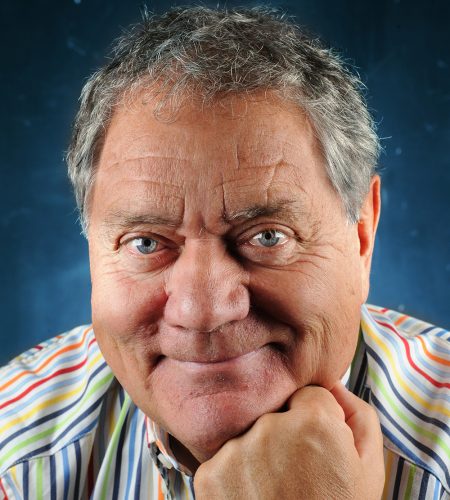
When Max Boyce crossed the Rhigos Mountainsfrom his home in Glynneath on November the 23rd 1973, to record an album 'Live at Treorchy Rugby Club', little did Max know it would change his life. Max had already recorded some of his earlier songs at the Valley Folk Club in Pontardawe and when EMI heard the album and subsequently saw Max Boyce perform live in concert, Max was invited to sign a contract to record two live albums of his songs and stories.
The musicians for that evening were hastily gathered together that afternoon. Without almost any rehearsal, the songs and stories were recorded. The audience, apart from a few close friends were given the tickets after failing to sell them for fifty pence each. Max Boyce at the time was virtually unknown. Max had, however, deliberately chosen to perform to an audience that was unfamiliar with his work to ensure the reaction was spontaneous and real.
Armed with songs such as 'The Outside-Half Factory', 'Rhondda Grey' and 'Morgan Moon' Max could hardly fail.
The reaction of the audience that night was integral to the evening's success. They were as important as the songs. The people that packed the little room were Max's instruments, without them he couldn't play. The people's reaction was genuine and all embracing.
No-one who was there will ever forget the heady mix of laughter and song.
Following the success of the first album EMI were naturally eager to record a follow-up. However, not even they were prepared for the fact that the album - 'We all had Doctors' Papers'-would reach No.1 in the album charts. A feat which earned Max Boyce a place in the Guiness Book of Records as the only comedy album to achieve that coveted position.
It was about this time that the BBC offered Max his first TV series. This stayed with the trusted formula of live performance filming him at theatres all over Great Britain, which further enhanced his popularity and brought Max's talents to a much wider audience. The success of these programmes was reflected in the 'JICTAR' TV ratings. Filling the No.1 spot, it became the most watched programme in the country, returning astonishing viewing figures.

